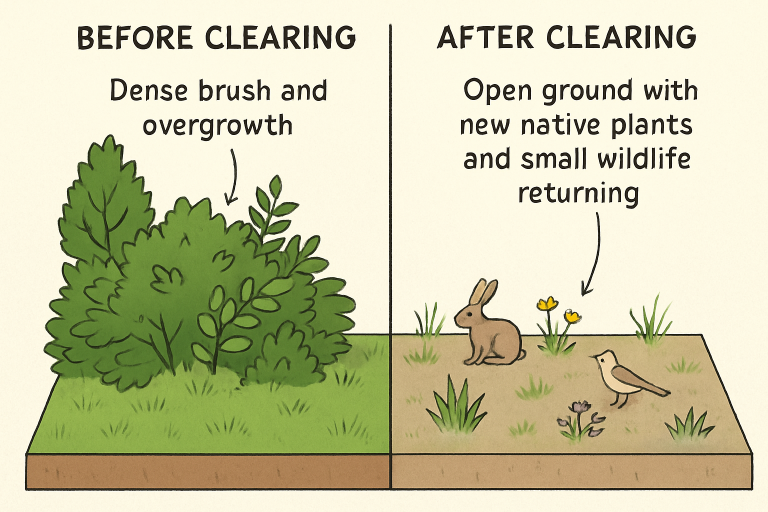What Is Online Engineering Education?
The best online programs go far beyond presenting theory; they build in opportunities for deep engagement through virtual labs, peer-to-peer collaboration, and robust mentorship. Platforms used by online engineering graduate programs are becoming increasingly sophisticated, offering everything from live Q&A sessions to real-time feedback on projects. The acceptance and prevalence of online graduate programs are climbing steadily. Engineering is at the forefront of this trend, as both students and employers recognize the convenience and credibility provided by remote learning.
Over the past decade, engineering education has experienced a digital revolution. Traditionally, aspiring engineers had to rearrange their lives to attend classes on campus, commuting for hours or even relocating to different cities. Now, online delivery methods offer flexible, interactive solutions. Courses feature recorded lectures, collaborative discussion boards, and digital project spaces that bridge the gap between the classroom and the real world. This evolution means learners don’t have to put their careers on hold to advance their knowledge or specialize further in their current field. Pursuing a graduate degree like the Masters of Engineering Online empowers students to access quality instruction without the constraints of geography or a rigid schedule.
What’s Driving Growth in Online Engineering Degrees?
Several key factors have led to soaring enrollments in online engineering programs. Most notably, today’s rapidly changing technology landscape requires engineers to upskill to remain competitive continuously. The increasing integration of AI, robotics, data analytics, and automation has made it essential for professionals to stay current with industry innovations. Unlike conventional programs that may update curricula less frequently, online platforms are agile and can adapt to industry needs more quickly. For many working adults, the appeal of these programs lies in their ability to maintain employment while gaining new proficiencies.
Organizations also recognize the value of supporting employee education. Many now offer tuition reimbursement, flexible schedules, or paid time off to encourage ongoing professional development. Beyond workplace flexibility, the affordability and accelerated timelines of online degrees add another layer of appeal for anyone eager to progress without a lengthy or costly pause in their career.
Flexibility And Customization In Online Learning
Flexibility isn’t just a perk in online graduate engineering—it is foundational. Students have the freedom to watch lectures, complete assignments, or participate in group projects at their own pace. This freedom allows professionals to harmonize their education with demanding work schedules, unpredictable shifts, or family obligations. For many, this is the critical factor that makes ongoing education feasible and sustainable.
Beyond scheduling, the ability to customize coursework helps learners align education with career goals. Most reputable online engineering programs offer a choice of concentrations or elective modules, whether in renewable energy systems, biomedical engineering, or advanced data analytics. Students can also select capstone projects that mirror challenges from their own workplaces, ensuring immediate relevance of classroom learning. The chance to actively tailor one’s education can inspire more commitment, deeper learning, and richer engagement with the material, resulting in professionals who are knowledgeable and passionate about their area of expertise.
Career Advantages For Online Engineering Graduates
Possessing an advanced engineering degree has long been associated with higher earning power and broader career opportunities. What’s remarkable about online programs is that they offer these benefits to a much wider, more diverse pool of students. By completing online coursework, engineers are often seen as driven, independent, and adaptable—traits that employers find highly appealing in a digital-first workplace.
Statistics repeatedly show that engineers with master’s degrees see a bump in average salary and advancement potential. For instance, PayScale data suggests graduate-level engineers earn between 15–25% more than those with bachelor’s degrees alone. In addition, remote learning hones vital skills like digital collaboration, remote communication, and personal time management. These transferable abilities are especially valued as companies normalize hybrid and fully remote work policies. Successfully navigating a rigorous online program often helps professionals land roles in management, leadership, or specialized consulting, where self-sufficiency and project management are critical.
Addressing Skills Gaps With Modern Curriculum
Keeping pace with technological advances is challenging for any engineer. Online graduate programs respond proactively, frequently refreshing their content to reflect real-world demands. Courses span a wide spectrum: advanced software programming, automation and control, rapid prototyping, and even fields such as sustainability and cybersecurity. The curriculum often includes not only a theoretical foundation but also practical, project-based learning that builds leadership and problem-solving skills.
Employers are interested in online credentials, especially when programs emphasize up-to-date software, emerging tools, and collaborative projects. Graduates become more marketable and are likely to hit the ground running when tackling new challenges at work. This targeted approach to addressing skills gaps allows companies and employees to stay ahead in constantly evolving markets.
Challenges And Opportunities In Remote Engineering Education
While the advantages of online training are substantial, the path isn’t always easy. Some learners struggle with self-motivation or adjusting to the independence required by online study. Certain lessons—especially those traditionally taught in hands-on labs—can be tough to fully replicate online. That said, the rise of simulated labs, interactive software, and virtual teamwork platforms has minimized many such obstacles. High-quality programs offer live tech support, academic advising, and peer communities to foster a sense of belonging and accountability.
Adapting to remote education builds valuable “soft” skills like resilience, self-direction, and creative thinking. Those who succeed often develop project management, digital collaboration, and advanced communication abilities. These attributes significantly enhance employability, equipping engineers to thrive not only in their current jobs but as adaptable contributors in a future where remote work and virtual teams are the norm.
Looking Ahead: The Future Of Online Engineering Graduate Programs
The future for online engineering education is bright as demand for flexible, career-aligned graduate programs continues to rise worldwide. Universities are investing heavily in developing content, technology, and partnerships to support remote learners. More employers are actively recruiting professionals with online degrees, recognizing their technical acumen and ability to adapt to evolving technology.
With mentorship, interactive learning, and curriculum focused on emerging engineering sectors, online master’s programs are preparing graduates to lead in a digital-first world. As organizations seek employees who possess not only technical skills but also the flexibility and creativity to tackle global challenges, engineers completing remote advanced degrees are well-positioned to achieve long-term professional growth and drive industry innovation for years to come.
READ ALSO:Tesissima: Your Easy Online Thesis Printing and Binding Solution











